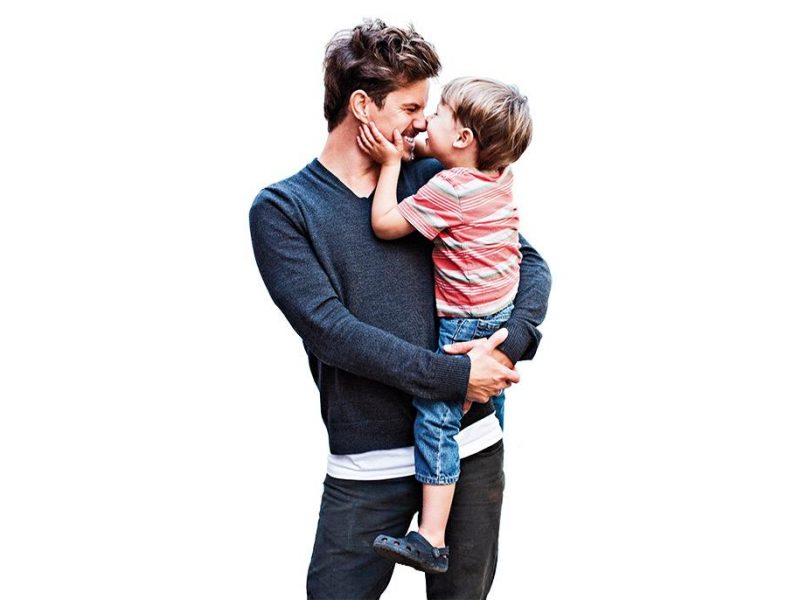What’s your favourite
I’ve discovered over the years that one of the best ways to learn about someone is to ask after their influences. As an author, publisher, and book lover, I usually end up asking about your favourite author, but your favourite musician, actor, or world figure, would do just as well. As I listen to you talking about these influences, explaining why you love them, I pretty soon get a feel for your interests and passions and values.
This is true of all your influences, even the ones you might not expect. For example, asking about your favourite sports figure might not seem a way to learn much about you, but I can guess the kinds of things you value if you pick Kobe Bryant over Tim Duncan or vice versa. They were both tremendously successful athletes, but Kobe spent his career firmly in the spotlight, unapologetically striving for personal accomplishments, and then took a whole year of media circus to retire, while Duncan spent his career firmly in the background, diligently striving for team success, and then retired with a single email. If you prefer Kobe, it tells me that you might value confidence, fame, and personal success. If you prefer Duncan, it tells me that you might value, humility, teamwork, and group success.
As a parent, I find this tremendously helpful. Kids aren’t always very aware of the their values and motivations. They sometimes have trouble articulating the reasons for what they feel and do. If I were to sit my five-year old son down and ask, “What traits do you value in a role model?” I’m not likely to get very far. But if I ask him, “Who’s your favourite super hero? What do you like about them?” he’ll tell me all sorts of things that give me insight into who he is.
Not all of what he says will have deep meaning, of course. When he tells me that he likes Scooby Do because his legs look funny when he runs, I think it’s pretty safe to take that at surface value. On the other hand, when he tells me that Velma is good because she can do computer stuff and Daphne is stupid because she just wants to be pretty, maybe I’m getting some idea of what’s important to him at this stage in his life.
The same goes for my nine-year old describing his favourite hip hop artists. When he tells me he likes Drake because he gets to go to all the Raptors games and because he gets to sing with Nicki Minaj, it shows me that he values fame and celebrity (which worries me a little, I confess). When he says he only likes black singers because they know what it’s like to be black, it’s hard to miss that he’s expressing a need to connect with that part of his heritage.
My 11-year old’s obsession with Japanese culture yields some similar insights. When I ask him why Manga appeals to him more than North American graphic novels, he tells me that Japanese stories are about honour and doing the right thing, not just about being a super hero. Whether or not this generalization is true, the fact that this distinction is why he prefers Japanese culture says a lot about him (though a cute Japanese girl he knows might also be a factor).
This is why it’s so important for parents to talk with their children about the things that interest them. It’s easy just to nod and agree when they start talking about their new favourite show or song or whatever, because these things often have little interest to us in themselves. But if we pay a little attention, ask a few questions, and listen to the reasons why they like what they like, we can learn quite a lot about what drives them.
More importantly, we can also help make them aware of these drives, encouraging them to start thinking critically about the influences they choose. We might end up talking about why it is that North American comic characters don’t care about honour, or whether there’s any music about living in a mixed-race family, or whether someone can be pretty and still like computers. Wherever your conversation goes, you’ll come out of it knowing your kids that much better.







